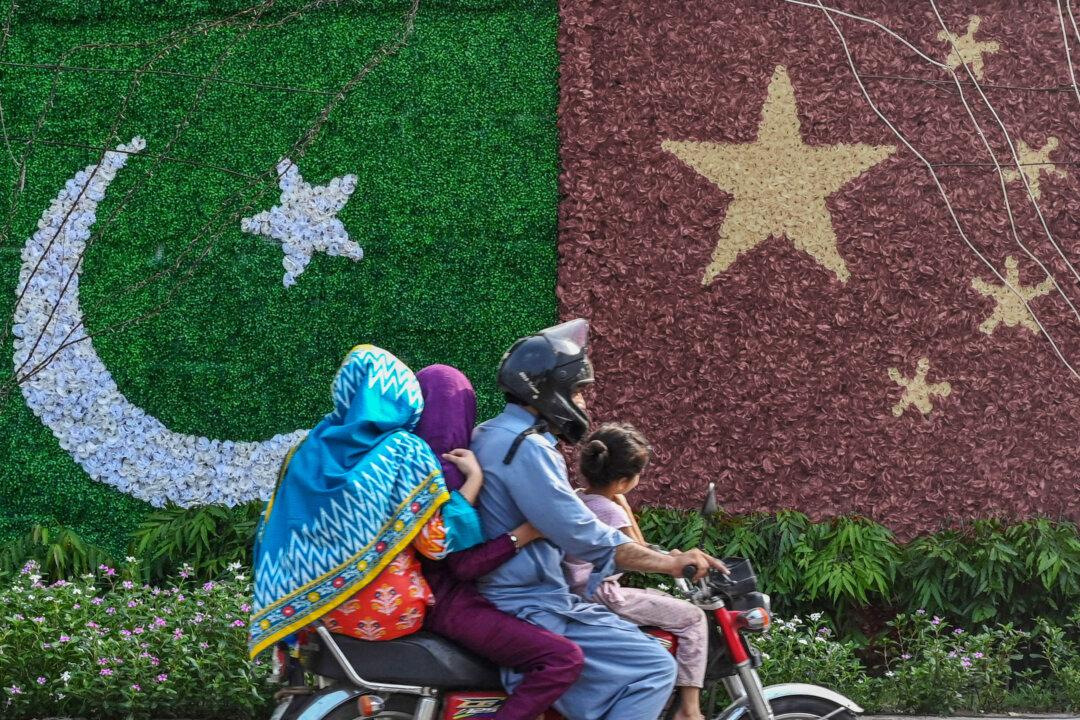Under a new set of bilateral trade memorandums of understanding (MOUs) worth $10 billion, China received its first shipment of agricultural goods from Pakistan this week. The two countries, infrastructurally linked by Beijing’s China–Pakistan Economic Corridor (CPEC)—the flagship project of the Belt and Road Initiative (BRI)—also started operating this year along the first international road transport route between the two countries.
For economically depressed Pakistan, reeling under a massive debt of about $100 billion, one-third of which is owed to China, the new export-related MOUs with China in agriculture, textile, food, and car parts mean a “robust commitment” to the country’s economic growth, Pakistan’s national newspaper The Dawn reported last week.





